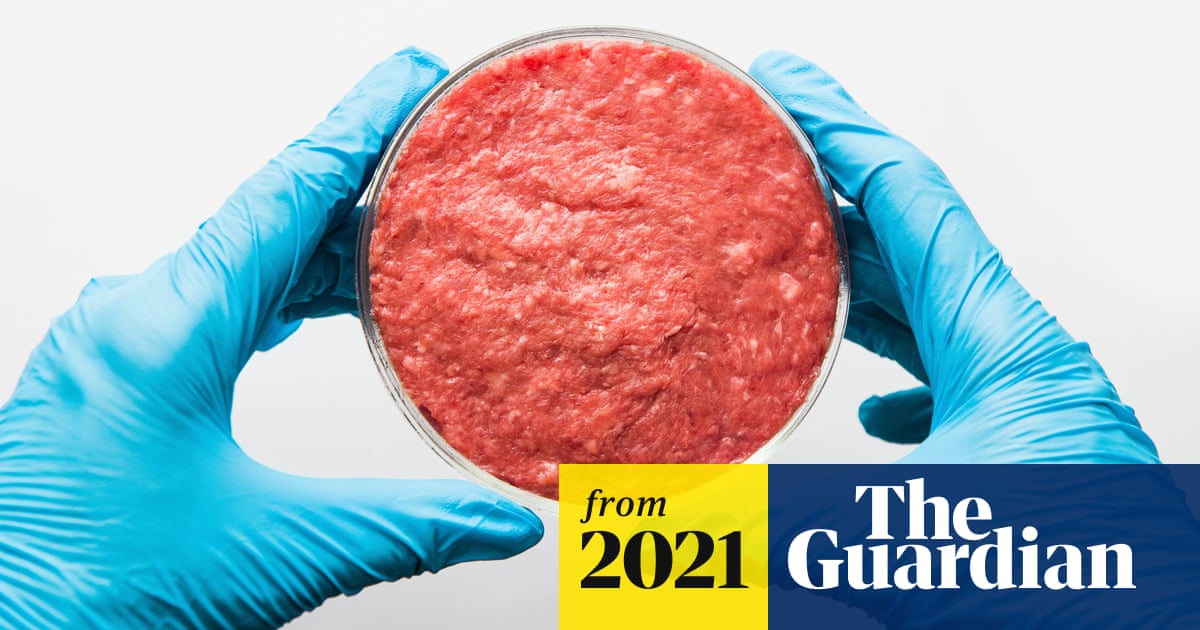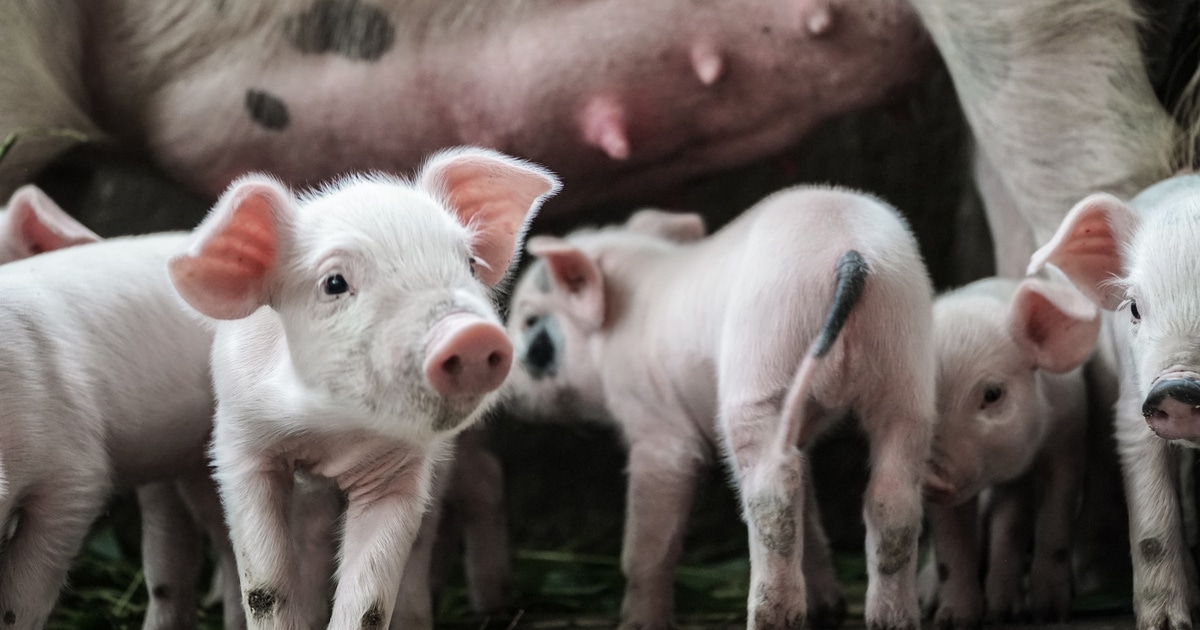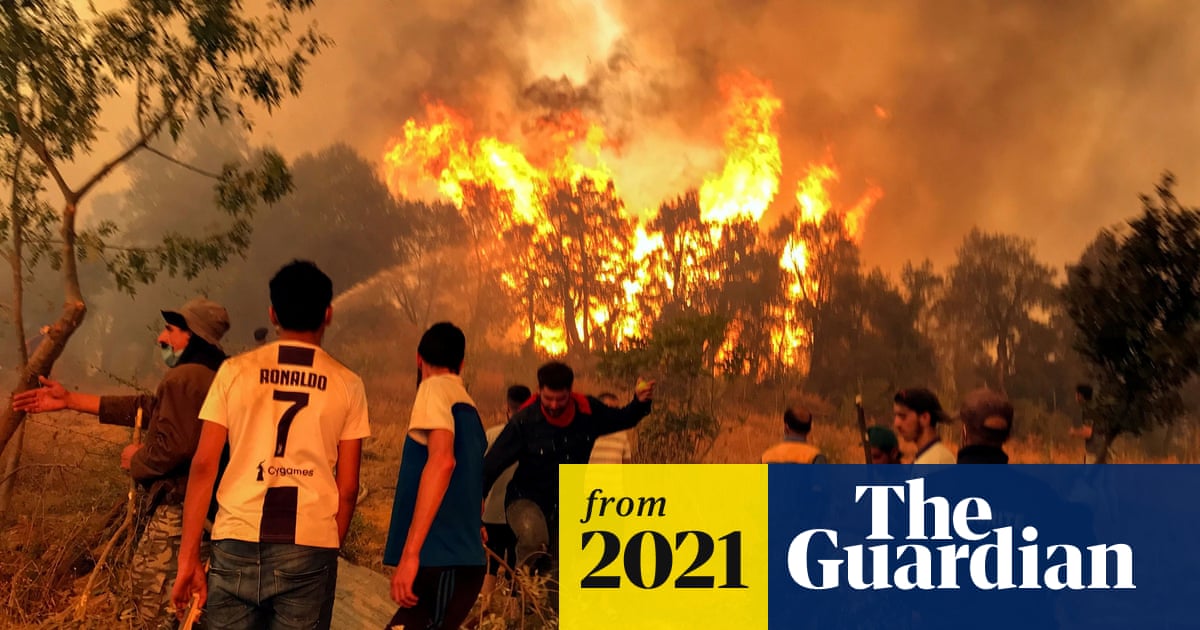Tony Seba - Disruption
(Agriculture starts at 45:09, Meat at 49:02)
His hypothesis is that precision fermentation will be able to create animal proteins that will be inexpensive and widely adopted in food products during the next ten years leading to the collapse of animal agriculture and subsequent freeing up of the 60% of land that is dedicated to animal agriculture. (Also, this will lead to collapse of dairy and meat industry.) This will NOT require any consumer behavior change! It's pure economics of business to business transactions.
Fascinating! (First part is on energy and transportation disruption and is well worth a listen.)






:max_bytes(150000):strip_icc()/wild-pig-field-cc2778a00b34423b9851b7bbad05691f.jpg)